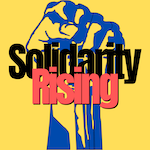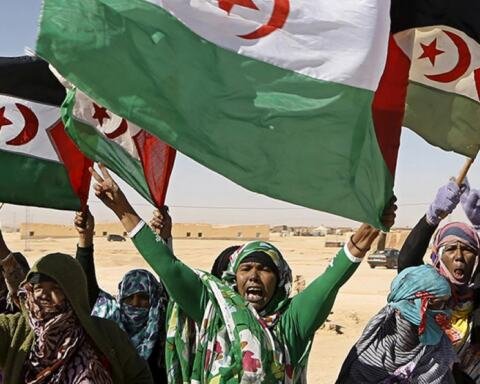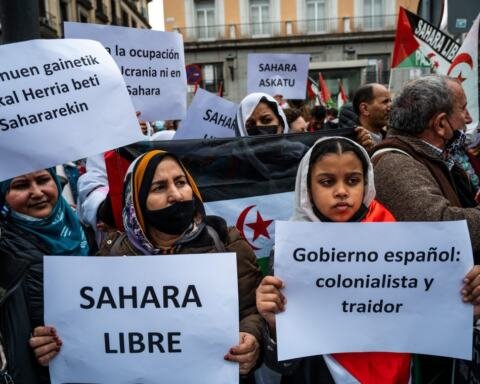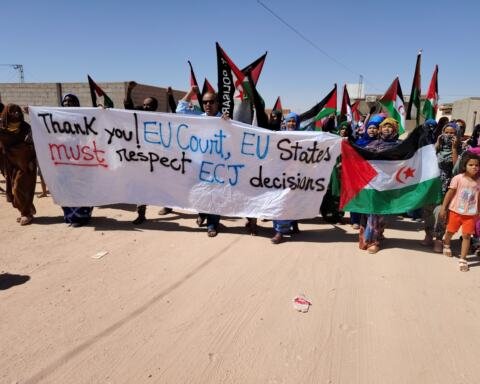The Western Sahara conflict is getting old. Having turned 40, which is quite an advanced age for a conflict, it is increasingly showing signs of ageing—wrinkles, changes of shape and fatigue—alongside its still apparent genetic inborn features. Protractedness seems to be ubiquitous in its usual portrayals: a late, zigzagging and protracted decolonization procedure that was reluctantly launched by dictatorial Spain in the 1970s degenerated into a protracted annexation of the territory by Morocco and a protracted conflict between the latter and the pro-Sahrawi independence Polisario Front, which in turn have entailed a protracted refugee situation as well as a protracted conflict resolution process fruitlessly led by the international community for more than three decades.
Full book
Global-Regional-and-Local-Dimensions-of-Western-Saharas-Protracted-Decolonization-When-a-Conflict-Gets-Old-Raquel-Ojeda-Garcia-Irene-Fernandez-Molina-etc.-Z-LibrarySupport our work
Support our work
Support our work with a one-off or monthly donation
AuthorRaquel Ojeda-García et al.Year2017Pages355LanguageEnglish
Share via
Related resources
The Western Sahara Dispute: A Cautionary Tale for Peacebuilders
The UN and MINURSO have succeeded neither inconducting a referendum nor in…
Western Sahara as a Hybrid of a Parastate and a State-in-Exile: (Extra)territoriality and the Small Print of Sovereignty in a Context of Frozen Conflict
Within the liminal universe of parastates, what makes Western Sahara/SADR…
The Front Polisario Verdict and the Gap Between the EU’s Trade Treatment of Western Sahara and Its Treatment of the Occupied Palestinian Territories
Morocco’s control over Western Sahara and Israel’s control of the West Bank…



